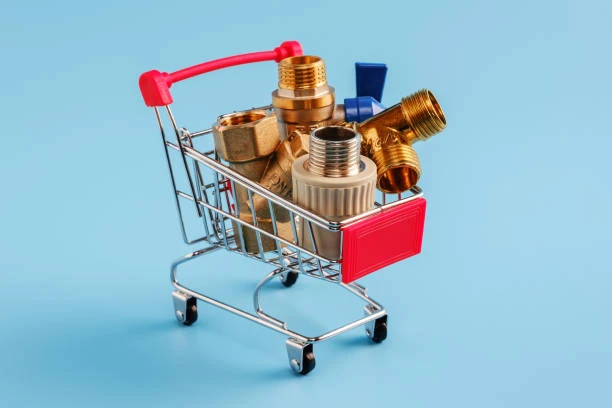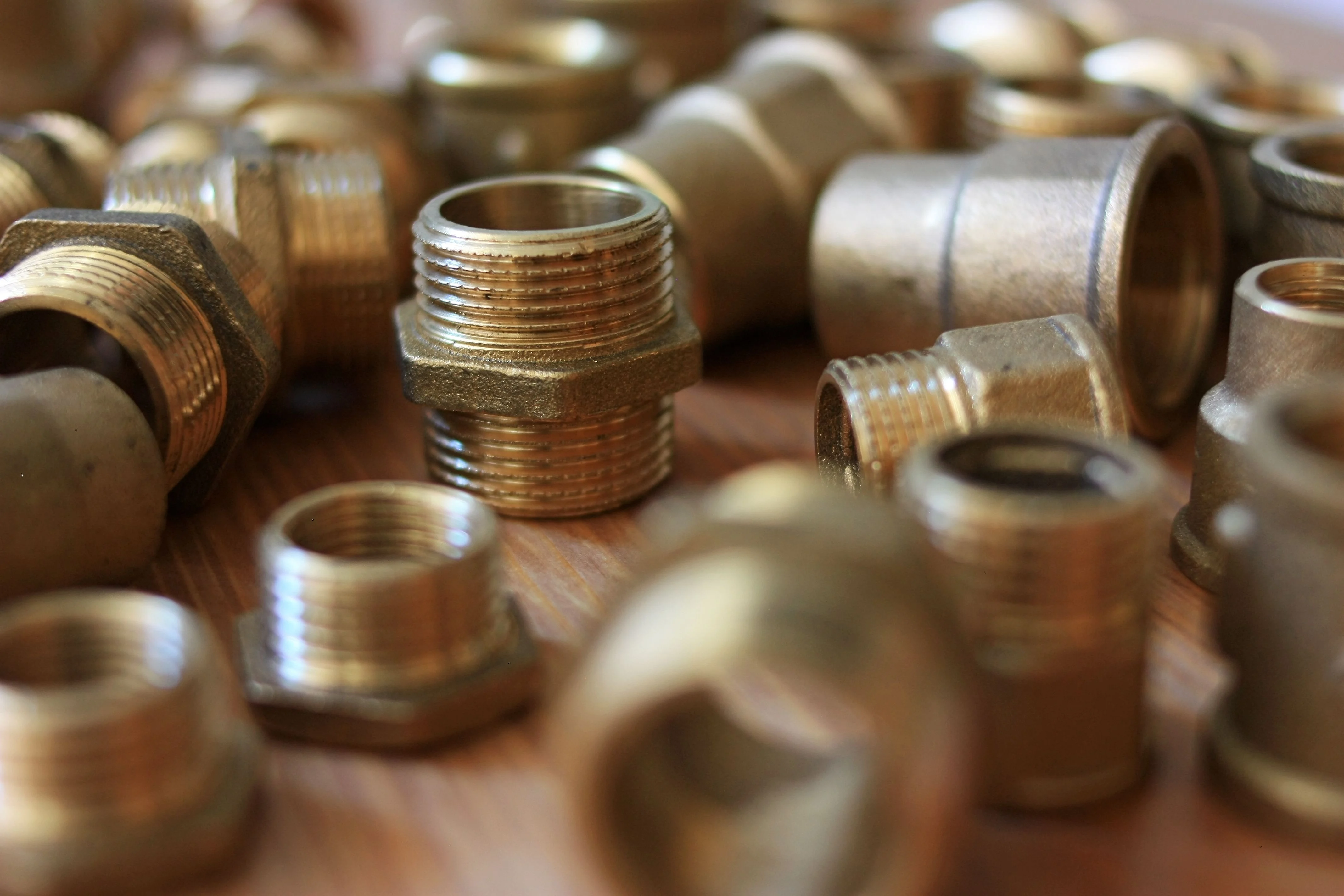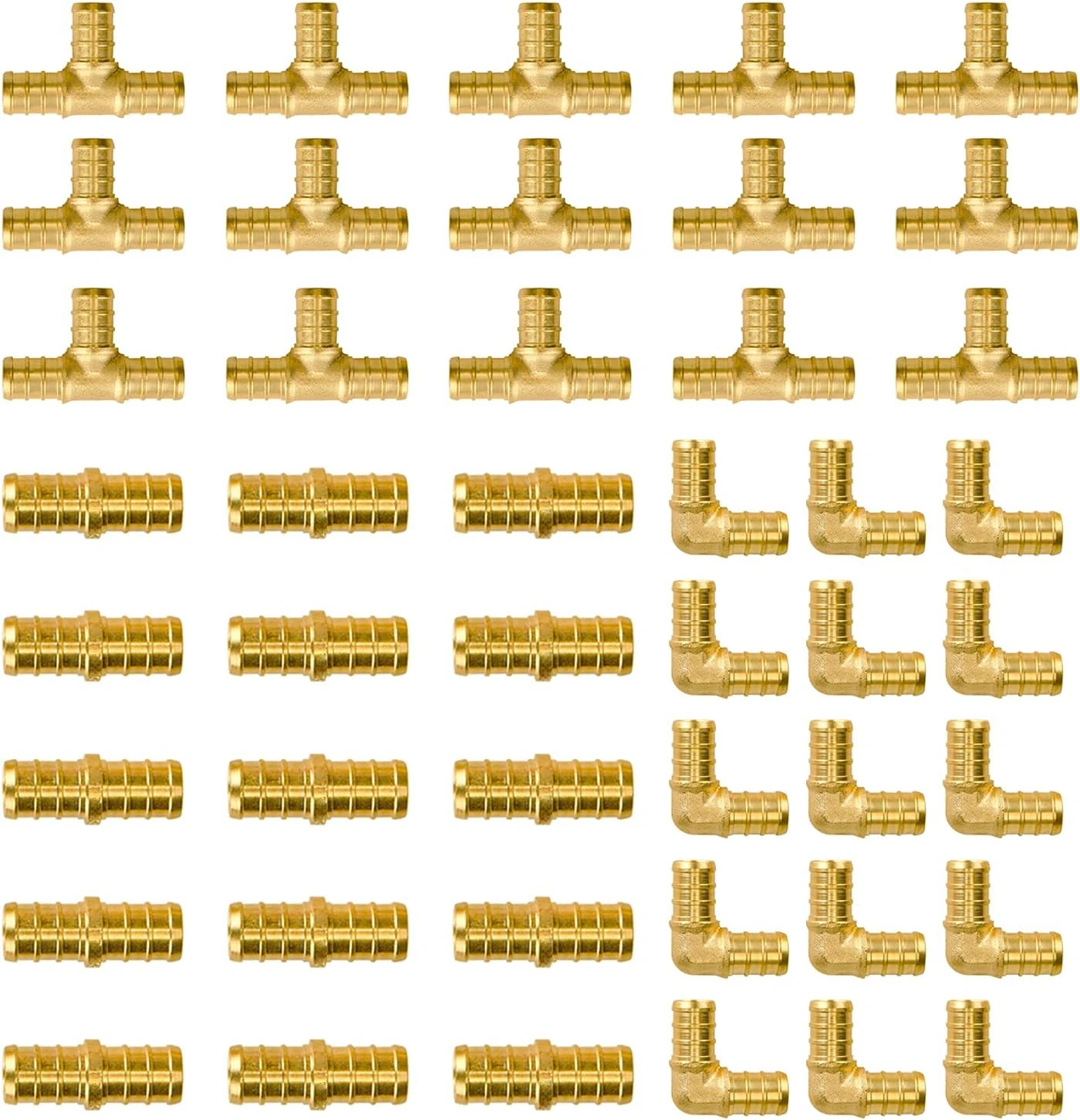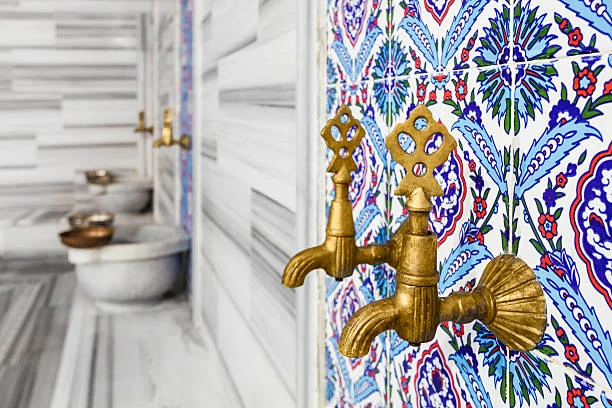Introduction to Brass Water Meter Fittings
Brass water meter fittings DIN 16833 are critical for ensuring accurate water measurement in homes, commercial buildings, and industrial settings. These durable fittings offer a long-lasting solution for water meter installations, connecting pipes, and other essential water systems.
Why Choose Brass for Water Meter Fittings?
Brass is known for its exceptional resistance to corrosion and rust, making it ideal for water meter fittings. Unlike other metals, brass maintains its integrity even when exposed to harsh environmental conditions. This ensures longevity and efficiency, reducing the need for frequent replacements.
Key Types of Brass Water Meter Fittings
There are several types of brass fittings that play important roles in water meter systems. Let’s take a look at the most common types:
1. Brass Couplings
Brass couplings are used to connect two pipes or a pipe to a meter. They offer a tight seal, preventing leaks and ensuring efficient water flow.
2. Brass Elbows
Brass elbows are perfect for creating sharp turns in piping without compromising water flow. They are essential in systems where space is limited and directional changes are required.
3. Brass Tees
Brass tees allow water to be diverted in different directions. They are frequently used in systems that need water to flow to multiple locations, such as sprinklers or additional meters.
4. Brass Reducers
When pipe sizes vary, brass reducers help maintain consistent water flow between differently sized pipes. This ensures seamless water meter integration in various system designs.
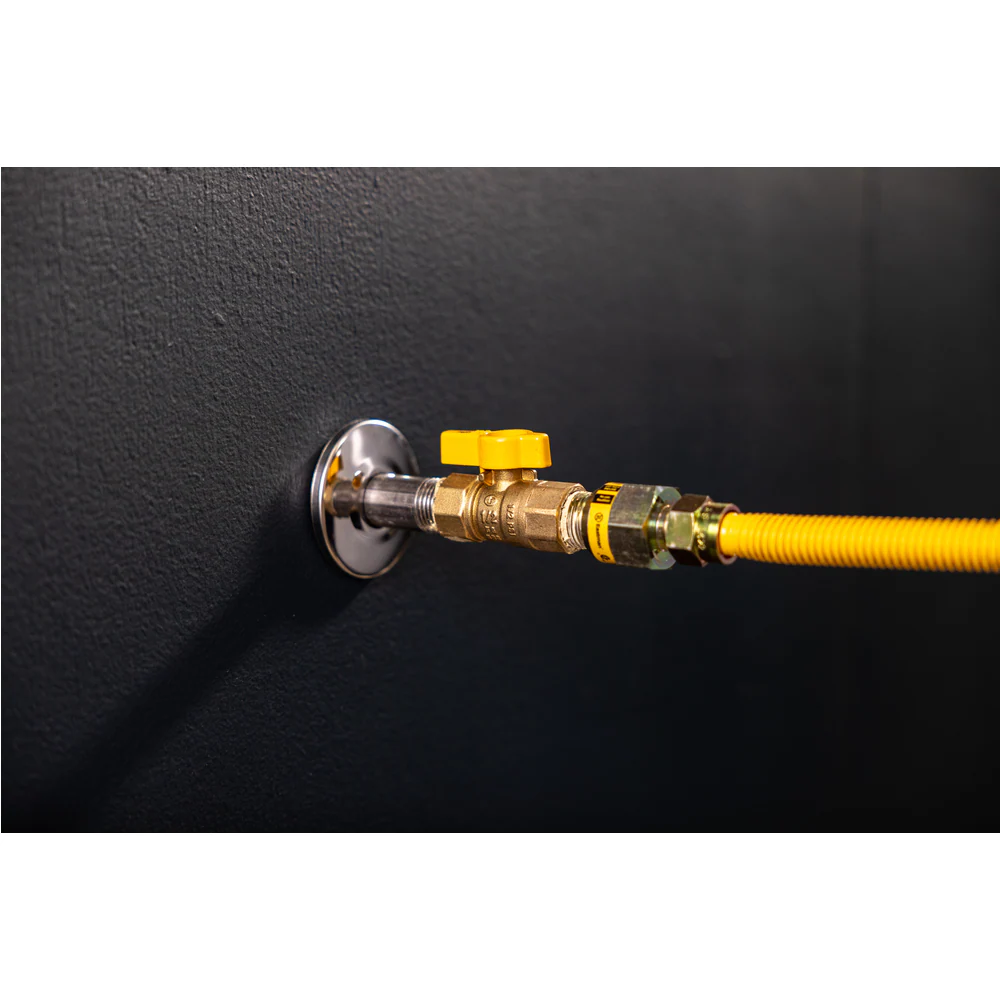
Advantages of Brass Water Meter Fittings
Brass water meter fitting provide several advantages that make them the preferred choice for professionals:
1. Durability and Strength
Brass is a strong, durable material that can withstand high-pressure water systems, ensuring a long lifespan for your water meter fitting.
2. Corrosion Resistance
Water systems are constantly exposed to moisture, making corrosion a significant concern. Brass resists rust and corrosion, keeping your system in optimal condition.
3. Easy Installation and Maintenance
Brass fittings are known for their ease of installation. They require minimal tools and maintenance, making them a practical choice for both professionals and DIY enthusiasts.
4. Environmental Benefits
Brass is a recyclable material, which makes it an environmentally friendly choice. Its long lifespan further reduces waste and contributes to sustainable building practices.
Applications of Brass Water Meter Fittings
Brass water meter fitting are used in a wide range of applications. Some of the most common include:
1. Residential Water Systems
In homes, brass fittings connect water meters to the plumbing system, ensuring accurate water usage readings and efficient water distribution.
2. Commercial Plumbing
Commercial buildings often have complex water systems requiring durable fittings. Brass components handle the higher water pressure and ensure smooth operation.
3. Industrial Water Management
For industrial settings, brass fittings ensure that water meters function properly in harsh environments, where high pressure and fluctuating temperatures are common.
How to Maintain Brass Water Meter Fittings
Proper maintenance of brass fittings can extend their lifespan and keep water systems running efficiently. Regularly check for signs of wear, tighten loose connections, and clean any mineral buildup to ensure optimal performance.
Tips for Brass Fitting Maintenance:
- Inspect fittings regularly for leaks.
- Tighten connections periodically.
- Clean mineral deposits with a vinegar solution.
Brass vs. Other Materials
While brass is often the material of choice for water meter fitting, other materials such as plastic and stainless steel are also available. Here’s how brass compares:
1. Brass vs. Plastic
Brass fittings are stronger and more durable than plastic, which can crack under high pressure. While plastic is cheaper, brass offers better long-term value.
2. Brass vs. Stainless Steel
Stainless steel is highly durable but more expensive than brass. Brass offers a good balance between cost, durability, and corrosion resistance, making it the preferred option for many applications.
How to Choose the Right Brass Fitting for Your Water Meter
When selecting brass water meter fitting, consider the following:
- Size: Ensure the fitting size matches your water meter and pipe system.
- Type: Choose the appropriate fitting type (e.g., coupling, elbow) based on your system’s layout.
- Pressure Rating: Make sure the fitting can handle the water pressure of your system.
Conclusion: The Best Choice for Water Systems
Brass water meter fittings are essential for ensuring accurate and reliable water measurements. Their durability, corrosion resistance, and ease of installation make them a top choice for residential, commercial, and industrial applications. Whether you’re setting up a new system or replacing old fittings, brass offers long-lasting benefits that are hard to match.














